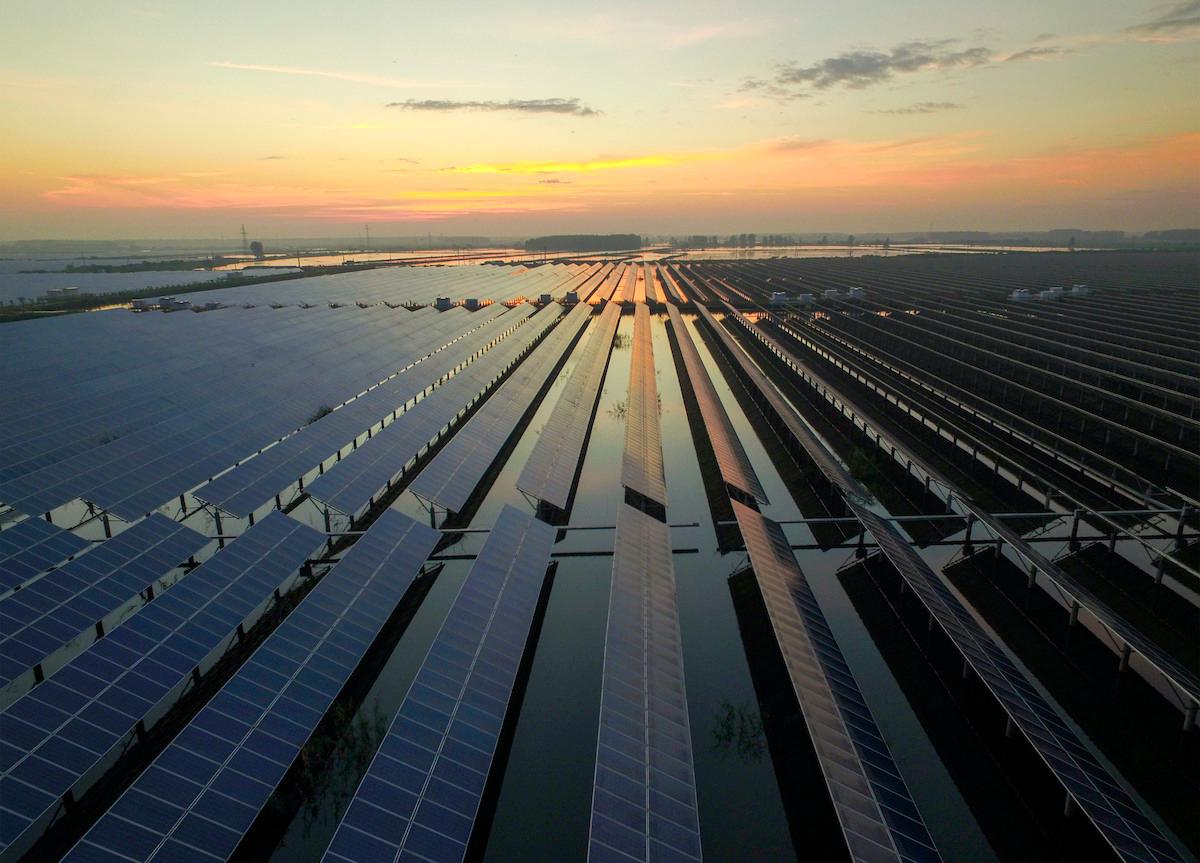Britain Goes 18 Days Without Coal-Powered Electricity Due to Coronavirus
Britain just exceeded its past record by going more than 18 days without burning any coal to generate electricity.
Updated April 29 2020, 4:12 p.m. ET

Last June, Britain set a personal record for going 18 days, 6 hours and 10 minutes, without using any coal-powered electricity. And now, 10 months later, the country has significantly upped the ante. Britain just exceeded June’s record by going 18 days, 19 hours — and counting — without burning any coal to generate electricity.
Britain’s last coal generator came off the system at midnight on Thursday, April 9, according to the National Grid ESO. As of today, Tuesday, April 28, the coal generators are still turned off, surpassing June 2019’s record.
As reported by The Guardian via National Grid data, this is the longest consecutive stretch of coal-free electricity in Britain since 1882.
The country has been running its electricity primarily on solar generation. Last week, on April 20, the entire U.K. set another energy record when solar farms generated more than 9.6GW of electricity for the first time.

According to the ESO, two major factors accounted for these achievements: weather and the coronavirus lockdowns. Weather usually has a significant impact on electricity use in Britain — during extreme weather seasons (summer and winter), people generally use more electricity than in the spring and fall, when the weather is more temperate and people require less heating and cooling. Right now, it’s springtime in Britain, and weather over the past month has been sunny and windy, the ESO noted.
Interestingly, lockdowns due to the COVID-19 pandemic have significantly reduced the demand for electricity across the country. Even though there has been an increase in electricity use across residential properties, businesses and industries have been using far less electricity than usual.
“2020 is shaping up to be a record-breaking year for Great Britain’s electricity system, and I’ve little doubt we’ll see more exciting developments as the growth and performance of renewables continues to transform our grid at an astonishing rate,” Fintan Slye, director of ESO, said in a statement.
“Within a matter of days we’ve seen a new solar generation record, and the longest period of coal-free operation in Britain,” Slye continued. “And that follows two of the greenest months on record at the start of the year, underlining the progress that’s being made towards our target of being able to operate the electricity system entirely with zero carbon sources by 2025.”
ESO is not stopping there. ESO’s tweet celebrating the milestone included a video detailing the National Grid’s future goals. “Our target is to be able to operate a zero-carbon electricity system by 2025, which means preparing the system to run purely on zero-carbon electricity, like wind, carbon, and hydro power, without relying on any carbon-based generators to balance the grid,” the video says.
This new record is certainly worth celebrating — however, like many other environmental milestones of the past few months, this may not have happened had there been no COVID-19. When the lockdowns are over and Brits return to work, they will likely need more electricity and turn the coal grid back on (if not before then). But this moment proves that running a major country like Britain on renewable energy for more than 18 consecutive days is possible — and there’s no reason we can’t do it again once life as we once knew it resumes.